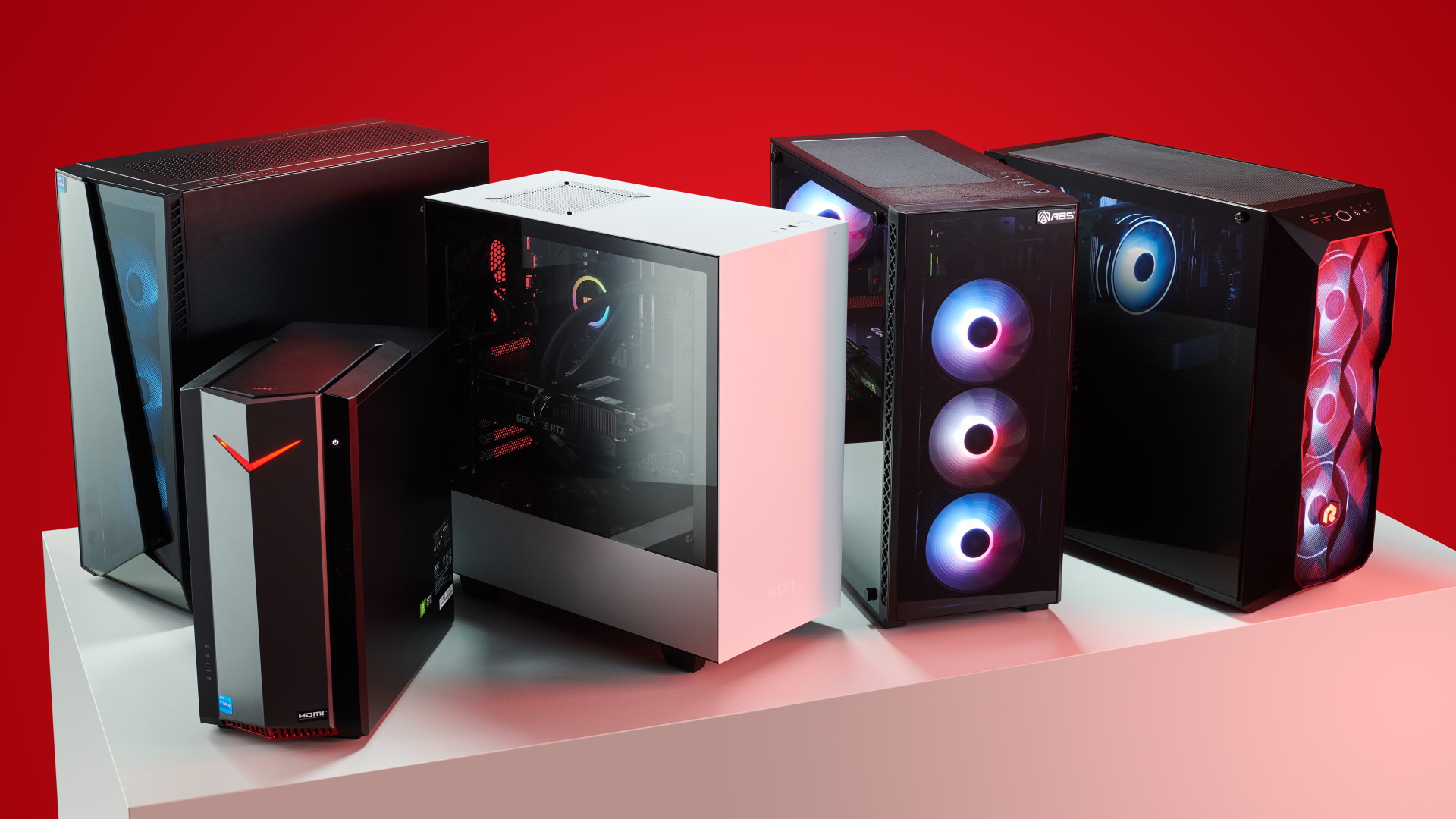
Yes, I know that makes me sound like a steaming hypocrite.
I’ve been spending a good chunk of my time recently testing the performance of new game releases on various PCs. Final Fantasy 7: Rebirth, Civilization 7, Kingdom Come: Deliverance 2, and now Avowed. Hour after hour, day after day, constantly running benchmarks over and over. All to get a raft of performance numbers to give you an idea of how well they run across different hardware configurations. But the charts and video clips don’t really tell you the full story, because they can’t show you how a game feels to play.
And in the case of Avowed, it’s quite an important thing because, for the most part, it feels really smooth. Not always, of course, and not on every PC that I tested it on, but the experience is far nicer than the performance numbers suggest it should be. For example, on my Ryzen 7 5700X3D and GeForce RTX 4070 test rig, it averages 68 fps at 1440p, with the High quality preset and no upscaling.
Pretty decent, right? Not amazing but not bad, either. However, the 1% low frame rate (the fps that the game is faster than, 99% of the time) is just 34 fps. That’s a big difference to the average performance and in lots of other games, you’d notice that quite easily. Not so in Avowed—in fact, it feels smooth as butter on that particular PC, with those settings. Only the odd bit of traversal stutter spoils the picture.
And it’s got me wondering if we, as PC gamers, worry too much about performance. Or rather, focus too much on the performance figures. Yes, I know that makes me a big ol’ hypocrite, given that my job here is to test stuff, produce charts with lots of numbers, and then judge the products on the basis of those figures.
There’s a big difference between the performance of hardware and that of a game, of course. It’s not like one can go ‘Ooh, this CPU feels like it’s running really fast.’ It either is or isn’t, and the only way to be certain is to run tests and get numbers. For games, it’s different—unless it’s a competitive one, especially if it’s going to potentially be a source of income for you. But even then, surely it doesn’t matter how fast it’s running, as long as it feels okay and doesn’t prevent you from achieving your desired goals, yes?
The obvious issue here is that feeling is subjective, and something that feels okay to me might be excruciating for someone else. But I don’t think that, in the case of games, it’s so subjective that my opinion is completely irrelevant. After all, I’m in the fortunate position to be able to check out a game across more PCs than most gamers come across in years of owning a computer, so I can at least comment on relative feel.
I often come across comments in discussions about a particular game or piece of hardware, where the gamer will say something along the lines of ‘It has to run at 120 fps for me or I’m not interested.’ Without wishing to sound like I’m denigrating such opinions, that’s something I just don’t get—on my own gaming PC, I really don’t care what frame rate I’m getting and I never bother to check the same metrics that I collate for performance reviews. It’s literally a case of firing up the game, playing it as is, and then tweaking some settings until it feels great.
Avowed really is a perfect example of this. As with all games that I do performance analysis for, I spent a couple of hours getting to a point where I could carry out repeated test loops to collate and average data. Actually, I played past that point just to see if there was something better to use but depending on how much time I have, that’s not always possible. Anyway, after the said hours of working through Avowed’s opening stages, I came away feeling really positive about the game, marvelling at how well it ran.
Best gaming PC: The top pre-built machines.
Best gaming laptop: Great devices for mobile gaming.
Then I started to collate performance data across all my test rigs and was somewhat surprised to see how low some of the numbers really were. A 1% low of 34 fps compared to an average of 68 fps should feel a bit janky—not quite stuttery, but certainly not smooth. And yet it does in Avowed. It actually feels worse if it runs too fast if that makes any sense.
I know I can’t abandon performance charts and just write meandering prose about how a game feels at 1080p Medium, but I do think that sometimes it’s worth leaving the numbers to one side for a moment and reading everything first. It’s akin to ignoring a game’s review score until you’ve absorbed everything the reviewer has said. And having just realised how few people are going to do that, I guess I’ll be doing hours of testing for performance figures for many more years to come.
For myself, though, I’ll just keep going by feel. Maybe I should invent a feels-per-second metric? Ugh no, that’s just another number.




